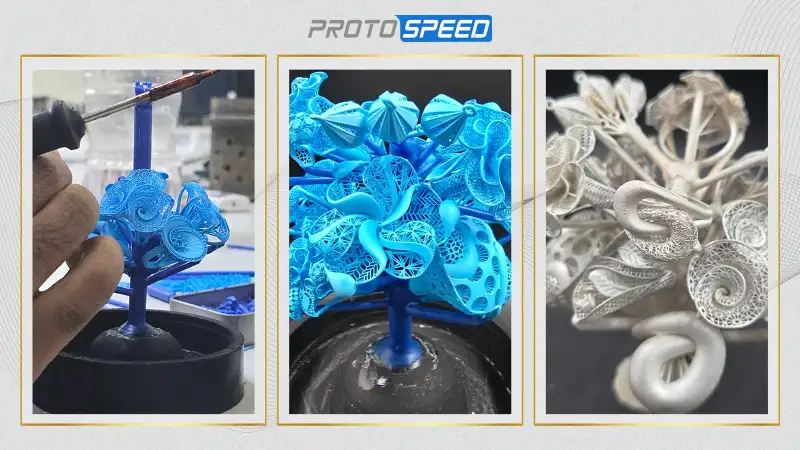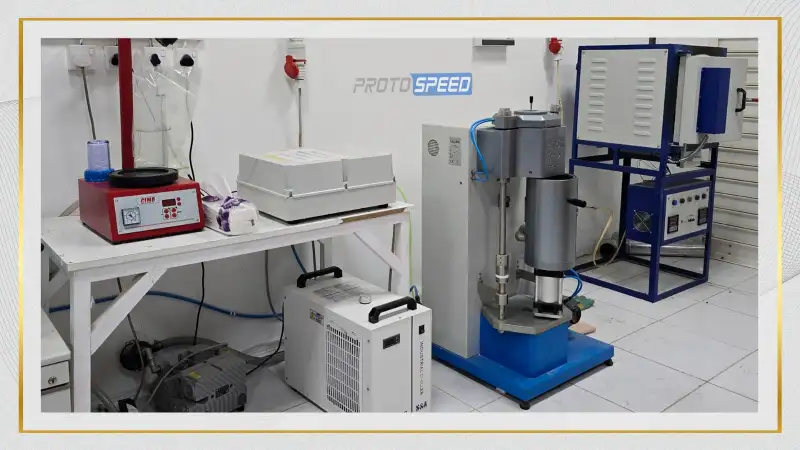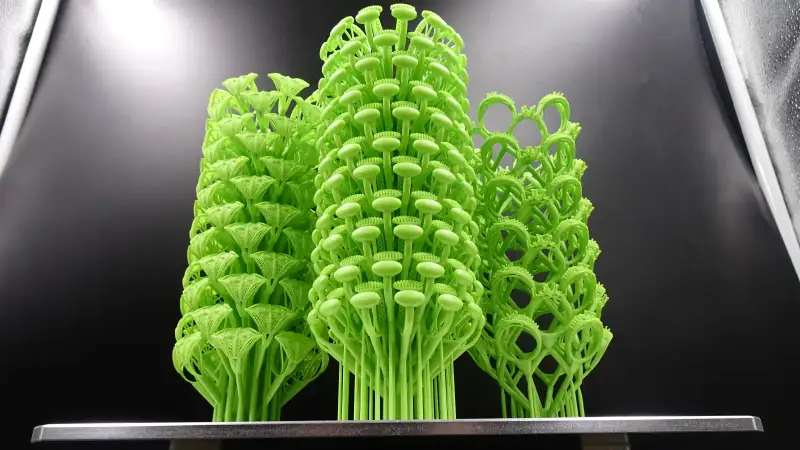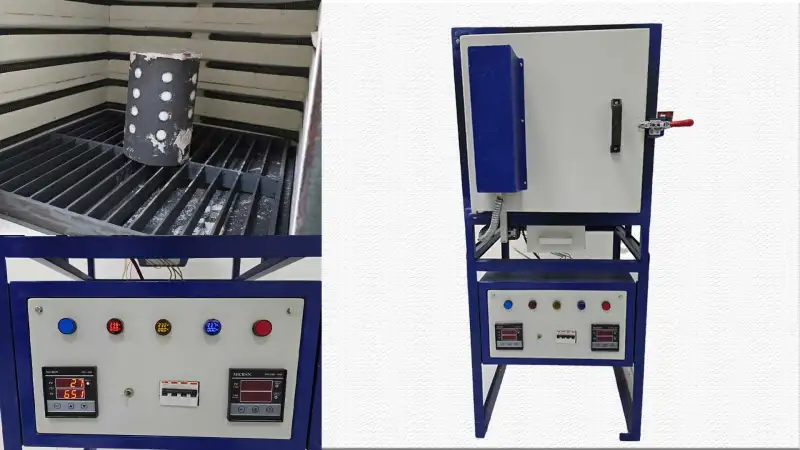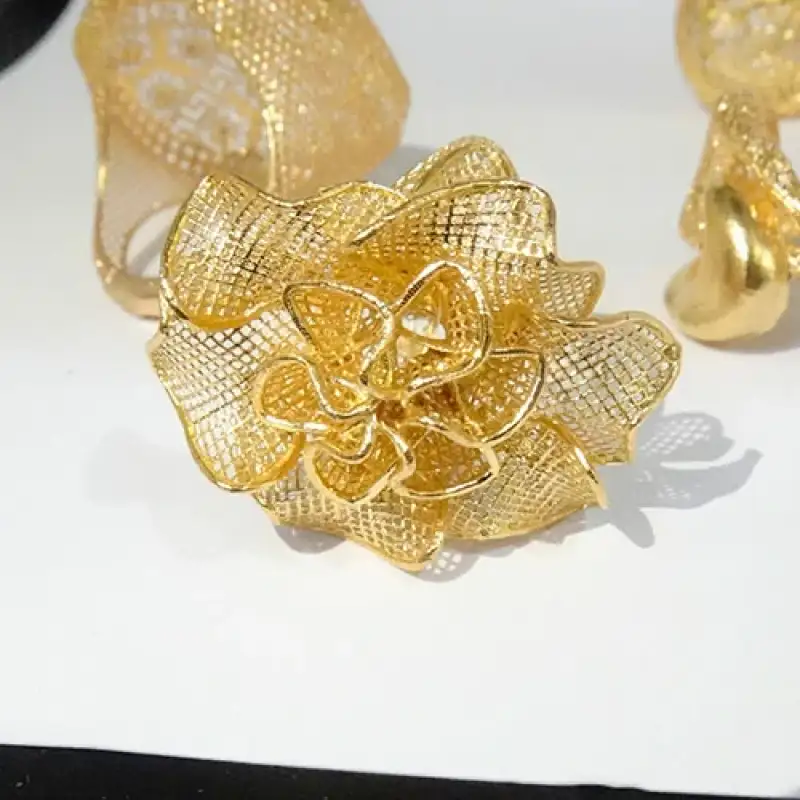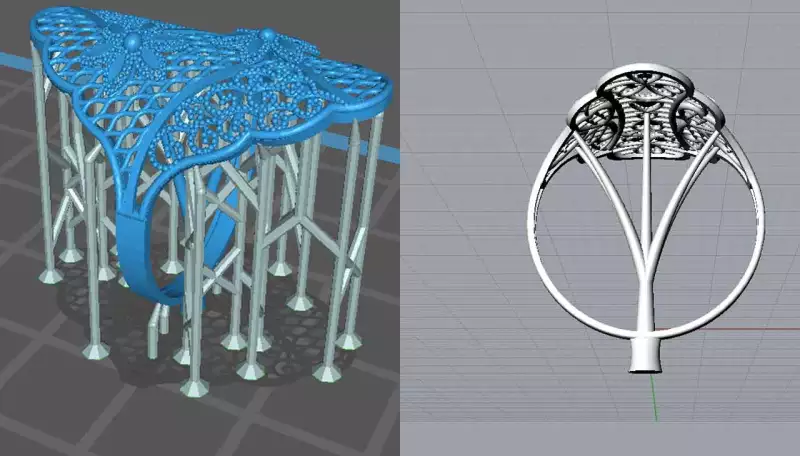In the world of jewelry casting, precision is everything. Melting precious metals like gold and silver requires strict temperature control to ensure clean flow, complete mold filling, and defect-free castings. However, a hidden factor often affects this process—invisible oxidation. In this article, we explore how invisible oxidation influences melting behavior, how it can mislead machine settings, and how the use of borax as a flux helps control oxidation during melting.
Casting
Recycling scrap gold and silver is a common practice in jewelry manufacturing, especially for cost savings and sustainability. But reusing scrap metal in jewelry casting comes with both advantages and challenges. In this blog, we explore the effects of using scrap metal in jewelry casting, including the benefits, potential quality issues, and expert-recommended best practices to ensure reliable and beautiful results.
A vital step in producing complex and superior jewelry products is casting. The proper equipment is necessary to guarantee productivity, safety, and consistent outcomes whether you're running a small business or a large production facility. This blog outlines the essential equipment required by a typical jewelry casting setup, along with its significance and use.
In the world of jewelry manufacturing, precision and quality go hand-in-hand. Whether you’re a designer, casting technician, or 3D print expert, understanding the core technical terms used in the jewelry casting process is essential for producing flawless pieces. Below is a curated glossary of essential casting vocabulary every professional should master.
Automation has transformed numerous industries, including jewelry manufacturing. Contemporary jewelry casting machines are driven by modern technologies that revolutionize old processes by making them more precise, efficient, and consistent.
For your jewelry manufacturing process to be a success, choosing the correct kiln is important. This blog will give you the important things to consider when choosing the best kiln for your jewelry casting requirements.
Resin casting and wax casting are two well-known techniques that stand out among the many others for producing detailed and striking designs.
In-house jewelry casting is a process in which a jewelry business manages the entire casting operation within its premises. This means hiring qualified personnel, maintaining the required machinery, and overseeing the casting process—from design to finished product. Though it necessitates a large investment in labor, machinery, and upkeep, it offers complete control over customization, manufacturing speed, and quality.
Vacuum casting is an indispensable method for jewelry designers who wish to efficiently produce custom pieces precisely. Vacuum casting machines are used to produce castings with higher quality and no bubbles. It is crucial for creating accurate, fine, and limited production runs.
Spruing is a critical and distinctive stage in the casting process, as it is responsible for ensuring the structural integrity, detail, and quality of the cast jewelry.

